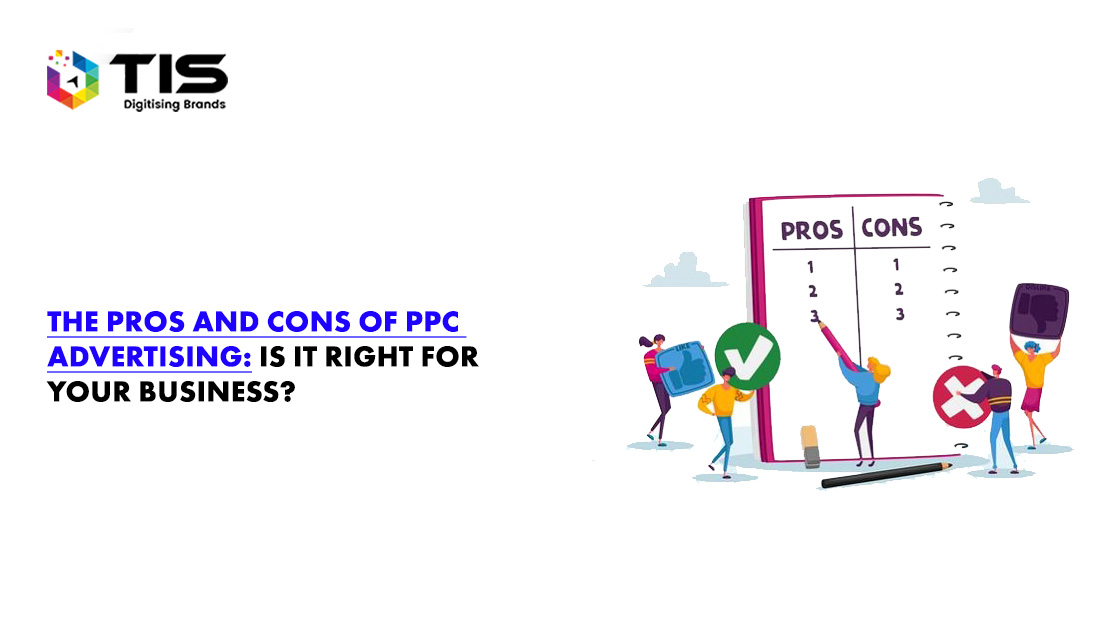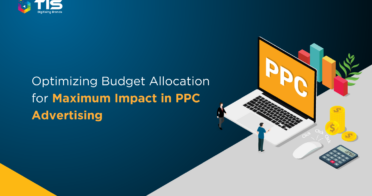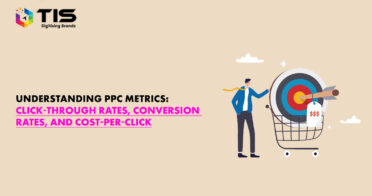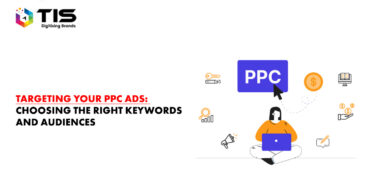





 May 17, 2023
May 17, 2023

PPC (Pay-Per-Click) advertising is an online advertising model where advertisers pay a fee each time their ad is clicked. It involves bidding on keywords and displaying ads in search engine results or on relevant websites. When a user clicks on the ad, the advertiser is charged. PPC advertising platforms, such as Google Ads and Microsoft Advertising, provide the infrastructure for running these campaigns.
Importance of Evaluating Pros and Cons
It is crucial to evaluate the pros and cons of PPC advertising before incorporating it into your marketing strategy. This assessment ensures that you make an informed decision that aligns with your business objectives and budget.
PPC advertising allows your business to appear prominently in search engine results or on relevant websites, increasing your brand’s visibility and reaching a larger audience.
With PPC, you can precisely target specific demographics, interests, and keywords. This targeted approach ensures that your ads are shown to the right audience, increasing the chances of attracting relevant customers.
PPC campaigns can generate immediate results. As soon as your ads are launched, they can start driving traffic to your website and generating conversions, providing instant visibility and potential business growth.
PPC advertising offers control over your advertising budget. You can set daily or monthly spending limits, adjust bids, and allocate your budget based on campaign performance. This control helps you optimize your spending and maximize ROI.
PPC platforms provide comprehensive metrics and analytics, enabling you to measure the effectiveness of your campaigns. You can track impressions, clicks, conversions, and other key performance indicators. These measurable results allow you to make data-driven decisions and refine your campaigns for better outcomes.
PPC advertising provides flexibility in terms of campaign settings, ad formats, and targeting options. You can experiment with different ad variations, adjust targeting parameters, and scale your campaigns based on your business needs, making it adaptable to changing market conditions.
PPC advertising allows you to outbid competitors for ad placements, ensuring that your business occupies a prominent position in search results. Additionally, by effectively targeting niche markets, you can gain a competitive edge and attract customers with specific interests.
Cost Considerations
PPC advertising costs can vary depending on bid prices, keyword competitiveness, and other factors. It’s important to carefully manage your budget and be aware of the potential expenses associated with running PPC campaigns.
Complexity and Learning Curve
Setting up and managing PPC campaigns requires technical knowledge and expertise. There is a learning curve involved in understanding the platforms, keyword research, ad creation, and campaign optimization. Without prior experience or guidance, this complexity can pose challenges.
Click Fraud and Invalid Clicks
Click fraud, where illegitimate clicks are generated to exhaust your ad spend, and invalid clicks, such as accidental or non-genuine clicks, can affect the accuracy of your performance metrics and waste your advertising budget.
Potential for High Competition
In popular industries or for highly sought-after keywords, competition for ad placements can be intense. This can drive up bid prices, making it more expensive to maintain a prominent position in search results and potentially limiting your ad reach.
Dependence on Platform Policies and Changes
PPC advertising is subject to the policies and algorithms of the advertising platforms. Changes in policies or algorithms can impact your campaign performance and require adjustments to maintain effectiveness.
Limited Long-Term Benefits
PPC advertising provides immediate results, but the benefits may be short-term. To sustain and build on initial success, ongoing investment is often necessary,
When determining if PPC advertising is suitable for your business, several key factors should be evaluated:
Budget:
Assess your available advertising budget and consider whether it can accommodate the costs associated with PPC campaigns. Evaluate the potential return on investment (ROI) and determine if it aligns with your financial resources.
Advertising Goals:
Consider your specific advertising goals and objectives. Determine if ppc advertising services can help you achieve those goals effectively. For example, if your goal is to increase brand awareness or drive immediate conversions, PPC can be a valuable strategy.
Target Audience:
Evaluate whether PPC platforms provide effective targeting options for reaching your desired audience. Consider the demographics, interests, and online behavior of your target audience and assess if PPC advertising can effectively reach and engage them.
Industry and Competition:
Analyze the competitiveness of your industry and the feasibility of achieving desirable results through PPC advertising. If your industry has intense competition and high bid prices, it may require a larger budget and more aggressive campaign management to achieve desired outcomes.
Available Resources and Expertise:
Consider the availability of internal resources and expertise required to effectively manage PPC campaigns. Evaluate if you have the necessary skills, time, and manpower to handle campaign setup, optimization, and ongoing management. If not, you may need to allocate resources or consider outsourcing to PPC experts.
Assessing the Pros and Cons
Encourage a comprehensive evaluation of the pros and cons discussed earlier in this document. Consider the specific advantages and disadvantages of PPC advertising in relation to your business goals, target audience, budget, and available resources. Carefully weigh the potential benefits against the challenges and drawbacks to make an informed decision.
Alternative Advertising Channels
Explore alternative advertising channels and strategies that may complement or serve as alternatives to PPC advertising. Consider options such as search engine optimization (SEO), social media advertising, content marketing, email marketing, or traditional advertising methods. Assess their effectiveness in reaching your target audience and achieving your advertising goals.
Consulting with PPC Experts
If you’re unsure about whether PPC advertising is right for your business or if you lack the expertise to navigate the complexities of PPC campaigns, consider consulting with PPC experts. They can provide insights, analyze your specific business needs, and help you develop a tailored PPC strategy that aligns with your goals and resources.
Ultimately, the decision to incorporate PPC advertising into your business strategy should be based on a careful evaluation of your budget, goals, target audience, industry dynamics, available resources, and the pros and cons associated with PPC advertising.
In conclusion, PPC advertising offers several advantages for businesses, including increased visibility, targeted advertising, immediate results, control over budget and spending, measurable and trackable results, flexibility, scalability, and a competitive advantage. However, there are also potential drawbacks to consider, such as cost considerations, complexity and learning curve, click fraud and invalid clicks, high competition, dependence on platform policies and changes, and limited long-term benefits.
When deciding if PPC advertising is right for your business, it is important to consider key factors such as your budget, advertising goals, target audience, industry and competition, and available resources and expertise. Conduct a comprehensive evaluation of the pros and cons to determine if PPC aligns with your objectives and if you have the necessary resources and skills to manage PPC campaigns effectively.
Additionally, explore alternative advertising channels that may complement or serve as alternatives to PPC advertising, and consider consulting with PPC experts if you need guidance or lack the expertise to navigate the complexities of PPC campaigns.
Ultimately, the decision to incorporate PPC advertising into your business strategy should be based on a careful assessment of your specific circumstances, goals, and resources, ensuring that it aligns with your overall marketing objectives and supports the growth of your business.

In the dynamic realm of pay-per-click (PPC) advertising, the key to success doesn’t solely lie in the magnitude of your expenditures; it rests on the shrewd distribution of those funds to yield optimal outcomes. With the application of adept strategies, your budget can be stretched to its utmost potential,...
Read More

Introduction: Pay-per-click (PPC) advertising is a powerful digital marketing strategy that requires a thorough understanding and analysis of key metrics to evaluate the effectiveness of your campaigns. This article focuses on three crucial metrics in PPC advertising: click-through rates (CTR), conversion rates, and cost-per-click (CPC). By gaining a comprehensive...
Read More

Introduction: PPC (Pay-Per-Click) advertising has become one of the most popular digital marketing methods for businesses to attract potential customers and increase website traffic. However, simply creating a ppc marketing services is not enough to ensure its success. The key to a successful PPC campaign is to effectively target...
Read More